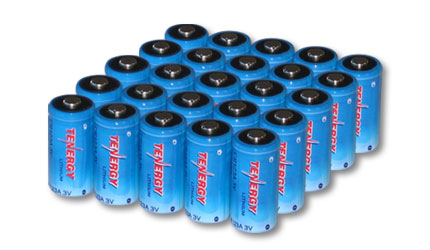
A study on the use of lithium-ion batteries about energy storage device in photovoltaic system is on the run at the Southampton University.
The research project is sponsored by REAP systems and lead by a student Yue Wu. He said, “Lead acid batteries are traditionally the energy storage device used for most photovoltaic systems. However, as an energy storage device, lithium batteries, especially the lithium iron phosphatebattery we used, have more favourable characteristics.”
Data information was collected after connecting a lithium iron phosphate battery to a photovoltaic system mounted on the university’s building using a specifically designed battery management system supplied by REAP systems.
As Yue added, “the research showed that the lithium battery has an energy efficiency of 95 per cent whereas the lead-acid batteries commonly used today only have around 80 per cent. The weight of the lithium batteries is lower and they have a longer life span than the lead-acid batteries reaching up to 1,600 charge/discharge cycles, meaning they would need to be replaced less frequently.”
The research has shown that the lithium iron phosphate battery has the potential to improve the energy efficiency of solar power systems and help to reduce the costs of both their installation and upkeep.
Before will be introduced into commercial use the lithium iron phosphate battery will require further testing. The whole potential of this lithium iron phosphate battery will be used widely in photovoltaic system application and other renewable energy systems.



